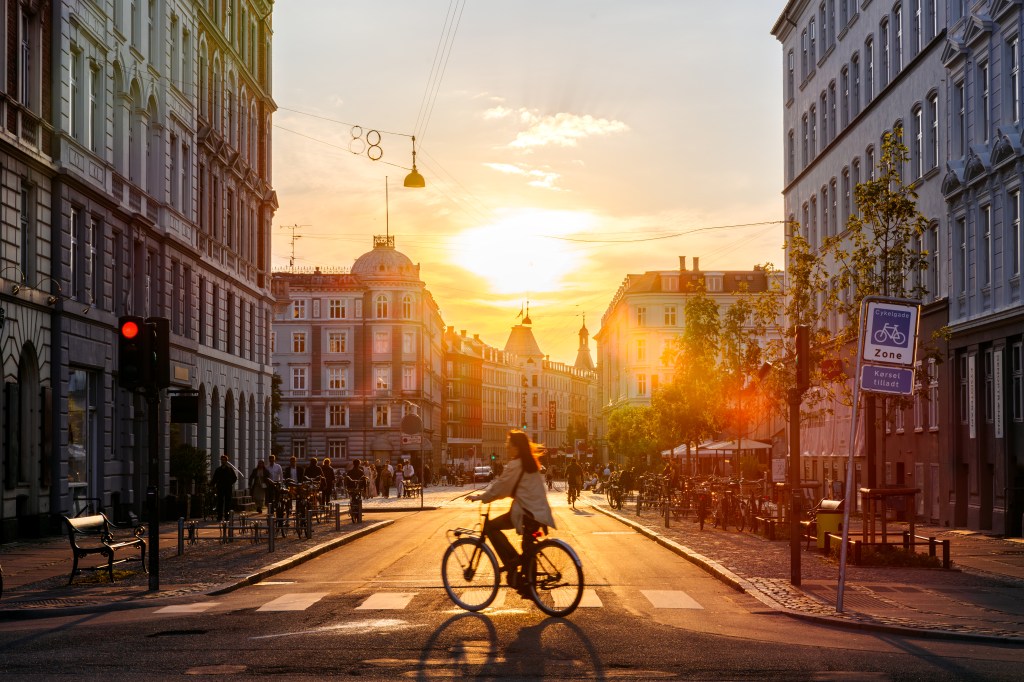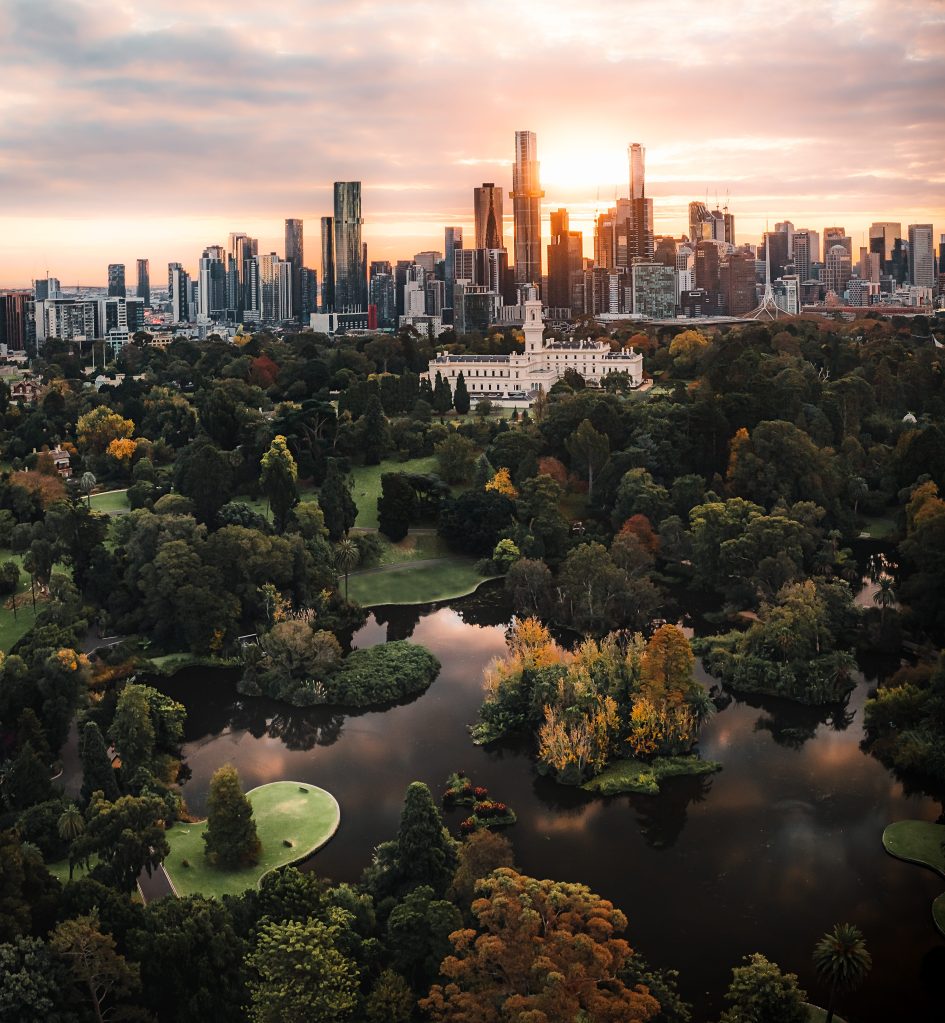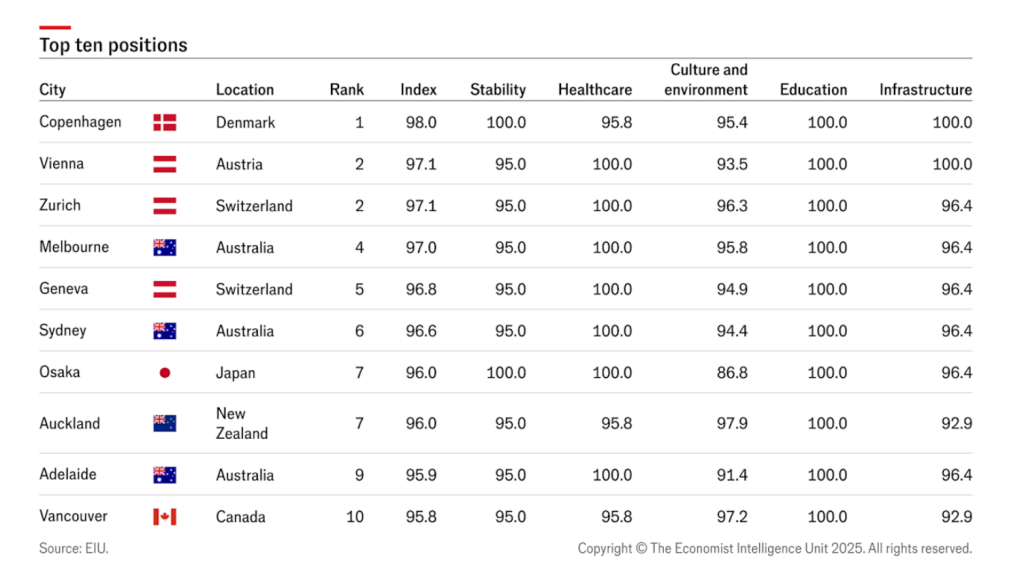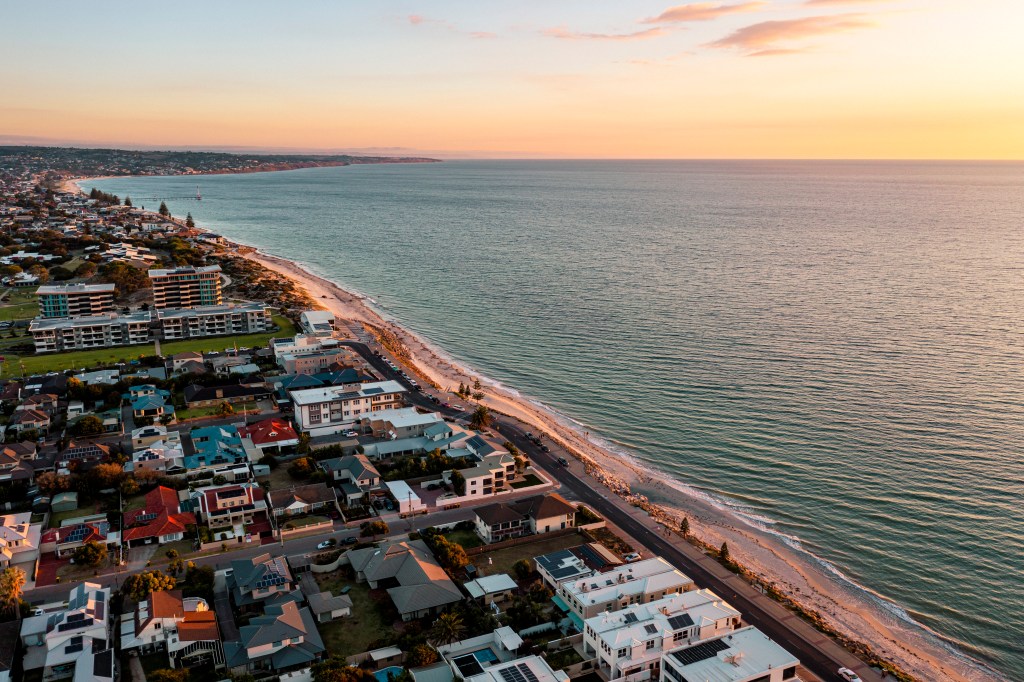A shake-up at the top of the Global Liveability Index has knocked Vienna off its perch – while three Australian capital cities have made the cut in the world’s top ten list.

It is home to 1.4 million people, sports 382 kilometres of bike lanes, will be 80 per cent carbon neutral next year, and is led by a Tasmanian-born, Danish-living Queen.
Copenhagen has been crowned the world’s most liveable city in the Economist Group’s 2025 rankings, switching places with Vienna, which held the ‘most liveable’ mantle for the last three years.
Swiss banking capital Zurich is third on the list, giving podium finishes to three European cities.
Fourth, sixth and ninth positions on the global list, however, are awarded to Australian cities 16,000 kilometres away from Western Europe.
Melbourne retains the same ranking it received in 2024, fourth, and Sydney moves up a place from the seventh most liveable city it was awarded last year. Adelaide is ninth, ascending from 11th last year.
“The concept of liveability is simple,” the Economist Group’s 2025 study states. “It assesses which locations around the world provide the best – and worst – living conditions. Our liveability ratings quantify the challenges to an individual’s lifestyle expectations in any given location and allow for direct comparison between locations.”
The metrics used in the study are stability, healthcare, culture and environment, education, and infrastructure.

The first measure, stability, has resulted in fluctuations in the rankings this year, as the world faces increasing global unrest.
“Scores in the stability category have continued to fall amid geopolitical tensions, civil unrest and widespread housing crises,” the report reads. “In several west European cities, terrorist attacks and threats, as well as a rising incidence of crime and xenophobia, continue to undermine stability.”
The capital of Austria achieved a perfect score of 100 for stability in 2024, bumping it ahead of its closest contender Copenhagen. This year, the city achieved just 95 on the stability metric, because of terrorism scares, according to the Economist Group.
“Vienna saw its score for stability drop sharply, in the wake of a bomb threat in the lead-in to a (subsequently cancelled) Taylor Swift concert in summer 2024 and the discovery of a planned attack on a city train station in 2025,” the report states. “Its demotion ended a three-year run at the top of the rankings, as it joined Zurich (Switzerland) in second place.”
Movers and shakers
Looking at the other end of the spectrum, Dhaka in Bangladesh, Tripoli in Libya, and Damascus in Syria, were named the least liveable cities this year.
Stability is rated at just 20 in Damascus. The only other city to have a stability score that low is Karachi, Pakistan.
In comparison, Melbourne, Sydney, and Adelaide each achieved a stability score of 95. Copenhagen and Osaka – which landed at number 7 overall – are the only cities to receive a perfect stability score of 100.

The biggest mover this year, is Al Khobar in Saudi Arabia, which climbed 13 places to 135 on the list.
“The [Saudi Arabian] Kingdom is investing heavily in improving access to healthcare and education under Vision 2030, a far-reaching economic diversification programme intended to reduce the country’s reliance on oil,” the 2025 Liveability Index report reads.
Bangkok, Chiang Mai, Athens, Hong Kong, and Luxembourg also climbed six places.
Globally, the average livability score remained steady at 76.1, the same as last year. Healthcare, infrastructure, and education scores increased year over year. That progress was negated however, by a decline in average stability scores.
“Three UK cities—Manchester, London and Edinburgh—were also among the biggest fallers as their stability scores dropped,” the report states. “Calgary (Canada) saw the biggest fall down the rankings, tumbling from fifth place to 18th.”

It wasn’t all bad news for our fellow Commonwealth country though. The Canadian west-coast city Vancouver rounded out the global Top 10 rankings, coming in one place after Adelaide.
Peter Malinauskas, the Premier of South Australia, said the most populous city in his state cracking the top 10 came as no shock.
“Every South Australian knows our capital city is a great place to live – so it should be no surprise that the analysists at the Economist objectively rank us as one of the best in the world,” he says.
“For any of the challenges we face as a state and a nation, the truth is, you wouldn’t choose to live anywhere else.”
Look back on the week that was with hand-picked articles from Australia and around the world. Sign up to the Forbes Australia newsletter here or become a member here.


